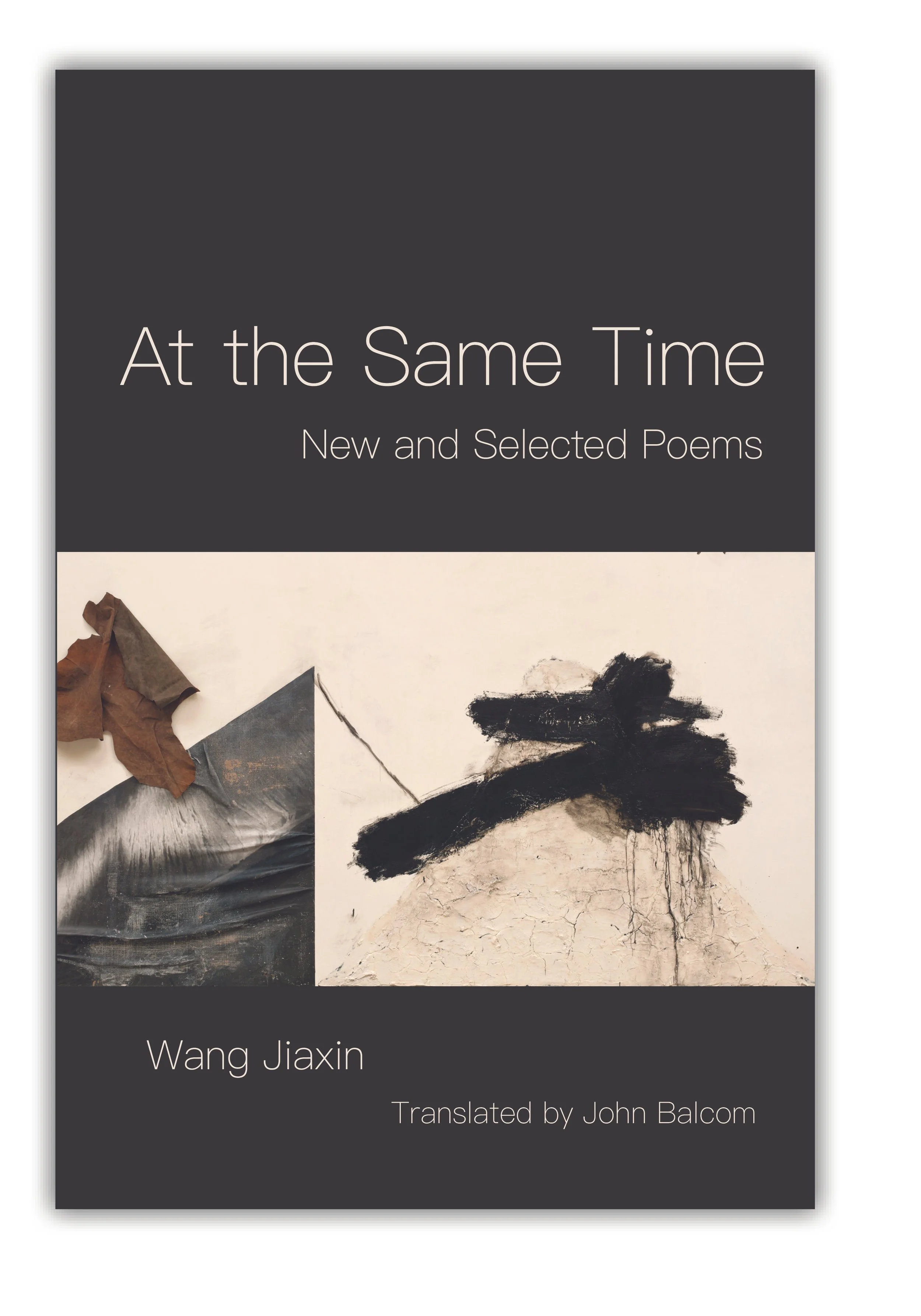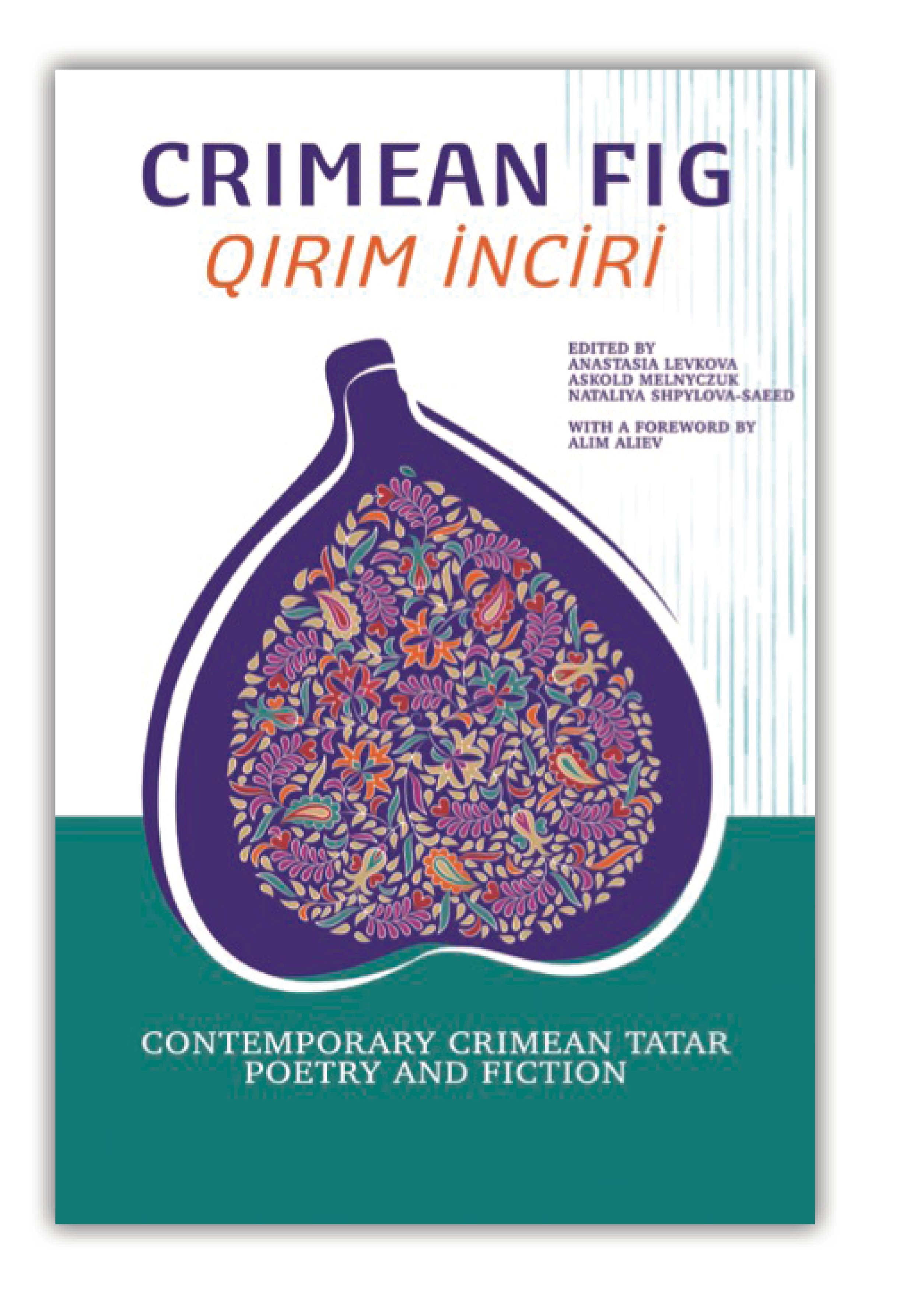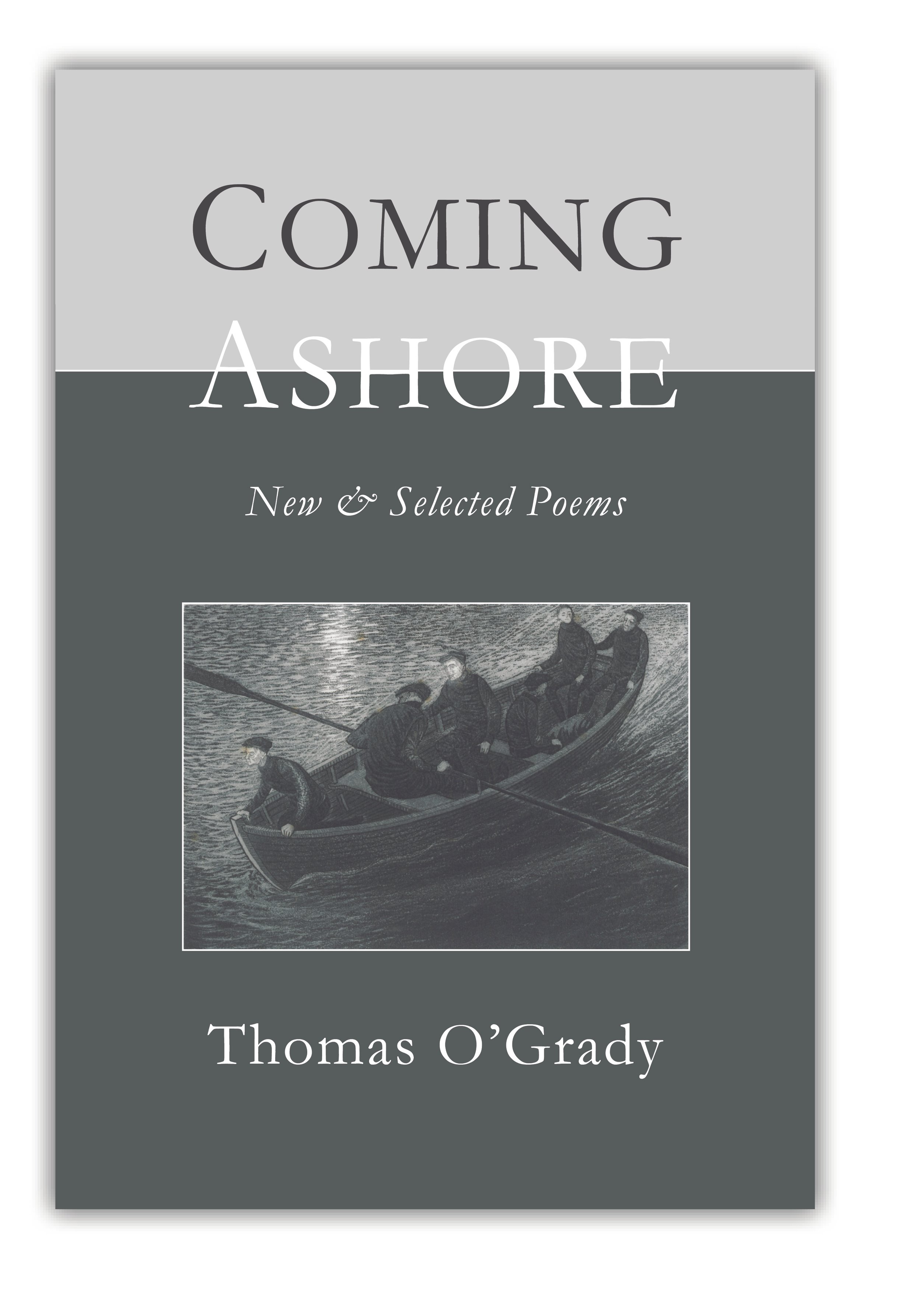 Image 1 of 1
Image 1 of 1


The Scent of Man by Tadeusz Dabrowski, translated by Antonia Lloyd-Jones
Tadeusz Dąbrowski’s poetry is as beguiling, refl ective and precise as a thousand fragments of a shattered mirror. The poet is properly suspicious of the ambiguities concealed in all language: “very dangerous to know/ too many words.//Each of them has its/fl ip side, which/also has its flip side/and so on ad infi nitum.” Whether gazing at art or looking at laundry, meditating on our cravings for bread or literature, the poems move eff ortlessly between the mundane and the exalted, suggesting that the messiness of human experience, its visceral realities, the carnal truths of the body, our small joys and inevitable decay, are all part of the same fragile narrative. This poetry, masterfully translated by Antonia Lloyd- Jones, moves intimately through spaces sacred and profane, suggesting we are never fully in one world or the other but ever adrift in between.
Tadeusz Dąbrowski’s poetry is as beguiling, refl ective and precise as a thousand fragments of a shattered mirror. The poet is properly suspicious of the ambiguities concealed in all language: “very dangerous to know/ too many words.//Each of them has its/fl ip side, which/also has its flip side/and so on ad infi nitum.” Whether gazing at art or looking at laundry, meditating on our cravings for bread or literature, the poems move eff ortlessly between the mundane and the exalted, suggesting that the messiness of human experience, its visceral realities, the carnal truths of the body, our small joys and inevitable decay, are all part of the same fragile narrative. This poetry, masterfully translated by Antonia Lloyd- Jones, moves intimately through spaces sacred and profane, suggesting we are never fully in one world or the other but ever adrift in between.





